XDD Acquires Paralaw UK Limited to Expand Managed Reviewer and eDiscovery Services Talent Pool in UK
MISSION, Kan. — April 28th, 2021 — Xact Data Discovery (XDD), a leading international provider of eDiscovery, data management and managed review services for law firms and corporations, announces the acquisition of Paralaw, a UK-based legal outsourcing company providing managed review staffing, eDiscovery and contracts management services to law firms and corporations.
The acquisition expands XDD’s UK footprint via its Anexsys brand, providing an internal pool of legal outsource talent to fulfill core managed review, eDiscovery and contracts management services in the UK region. Based in London, UK for over 20 years, Paralaw provides clients with flexible outsourced legal support to both in-house legal teams and law firms, with clients ranging from start-ups to established firms, technology providers and blue chip household names.
Rob Crowley, Managing Director at Anexsys states, “”I am excited to add Paralaw’s portfolio of services to our business”. Paralaw’s subject matter expertise in legal process outsourcing and contract management combined with Anexsys’ suite of legal technology services is incredibly exciting. Coupled with the company’s core managed review staffing capabilities, the Paralaw team will also be a valuable resource to scale short and long-term eDiscovery and contracts management engagements in the UK and European markets.”
Murray Duncan, Paralaw’s Managing Director, adds, “We are delighted to be joining forces with Anexsys and XDD. Having worked closely with Anexsys for a number of years, we know that our shared passion for customer service provides a firm foundation for continued success. We are excited about being able to increase the range of services we can offer to our clients and provide a wealth of opportunities to our staff.”
Bob Polus, XDD Founder and CEO, comments, “As part of XDD’s ongoing acquisition strategy, Paralaw further expands our brand, services and market reach on an international stage. The Paralaw team brings a solid reputation to the XDD table in providing advanced short and long-term legal staffing solutions.”
The acquisition of Paralaw by XDD comes as XDD and Consilio have recently announced plans to merge, pending regulatory approval. The merger is pending forthcoming final legal contractual agreements between XDD, Consilio and representative private equity firms JLL Partners, Aquiline Capital Partners and Stone Point Capital respectively. Final branding, operational, services and financial models may adapt accordingly.
About Xact Data Discovery
Xact Data Discovery is a leading international provider of eDiscovery, data management and managed review services for law firms and corporations. XDD helps clients optimize their eDiscovery matters by orchestrating precision communication between people, processes, technology and data.
XDD services include forensics, eDiscovery processing, Relativity hosting and managed review. XDD has 21 offices throughout the United States, two locations in India and one in the UK. XDD offers exceptional customer service with a commitment to responsive, transparent and timely communication to ensure clients remain informed throughout the entire discovery life cycle.
About Paralaw
Founded in 1997, Paralaw is an established provider of flexible outsourced legal support services to law firms, technology providers and corporates across the UK, with clients ranging from start-ups to household names. Our services include legal process outsourcing, managed document review, legal recruitment, wayleaves processing and a range of general paralegal support. Our experience, flexibility and speed of response combine to deliver real cost savings to our valued clients. Paralaw has offices in London and Nottingham, as well as providing support on client premises.
About Anexsys
Operating under the XDD brand, Anexsys is a legal technology services consultancy, providing eDiscovery, digital forensics and hardcopy services to law firms, corporations, and government bodies throughout the UK and Europe. Our secure offices hold ISO9001, ISO27001 and Cyber Essential Plus certifications. We are unique in having a custom software development team, who design and implement bespoke software solutions to enhance legal processes. Please contact our nationwide team at info@anexsys.com or visit anexsys.com to find out more.
About Consilio
Consilio is a global leader in eDiscovery, document review, risk management, and legal consulting services. Through its Consilio Complete suite of capabilities, the company supports multinational law firms and corporations using innovative software, cost-effective managed services, and deep legal and regulatory industry expertise. Consilio has extensive experience in litigation, HSR second requests, internal and regulatory investigations, eDiscovery, document review, information governance, compliance risk assessments, cybersecurity, law department management, contracts management, legal analytics, paper discovery, and digital printing, as well as legal recruiting and placement. Consilio employs leading professionals in the industry, applying defensible workflows with patented and industry-proven technology across all phases of the eDiscovery and risk management lifecycle. ISO 27001:2013 certified, the company operates offices, document review, and data centers across Europe, Asia, and North America. For more information, please visit us at www.consilio.com.
About Stone Point Capital LLC
Stone Point is an investment firm based in Greenwich, CT, with approximately $30 billion of assets under management. Stone Point targets investments in companies in the global financial services industry and related sectors. The firm invests in a number of alternative asset classes, including private equity through its flagship Trident Funds. Stone Point also manages both liquid and private credit funds and managed accounts. In addition, Stone Point Capital Markets supports our firm, portfolio companies and other clients by providing dedicated financing solutions. For more information, please visit www.stonepoint.com.
About Aquiline Capital Partners LLC
Aquiline Capital Partners, founded in 2005, is a private investment firm based in New York and London investing in businesses across the financial services sector in financial technology, insurance, investment management, business services, credit, and healthcare. The firm has $6.1 billion in assets under management as of December 31, 2020. For more information about Aquiline, its investment professionals, and its portfolio companies, please visit www.aquiline.com.











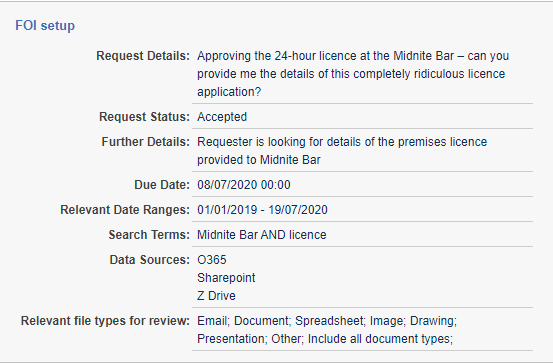
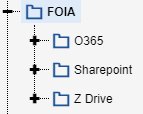
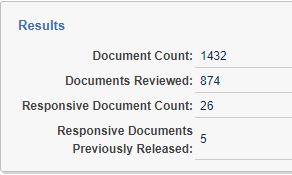
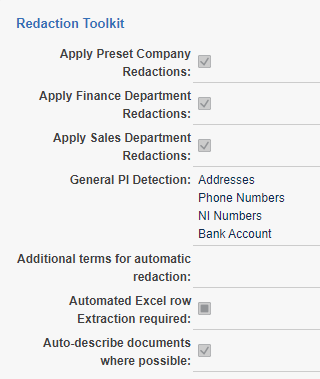
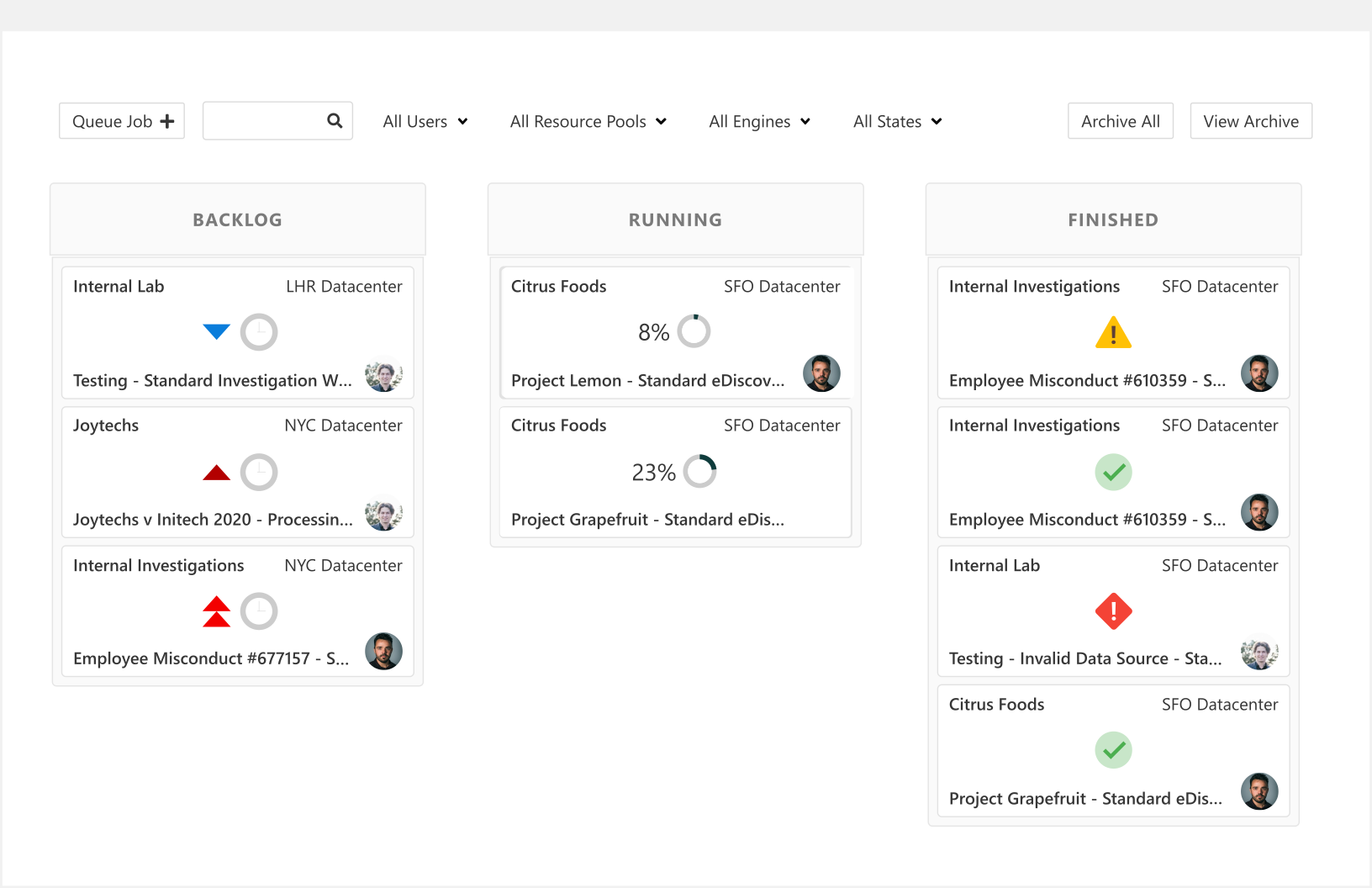



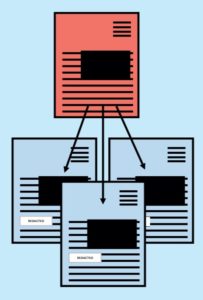
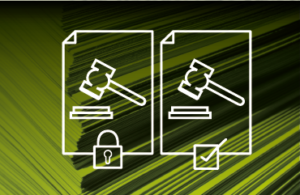





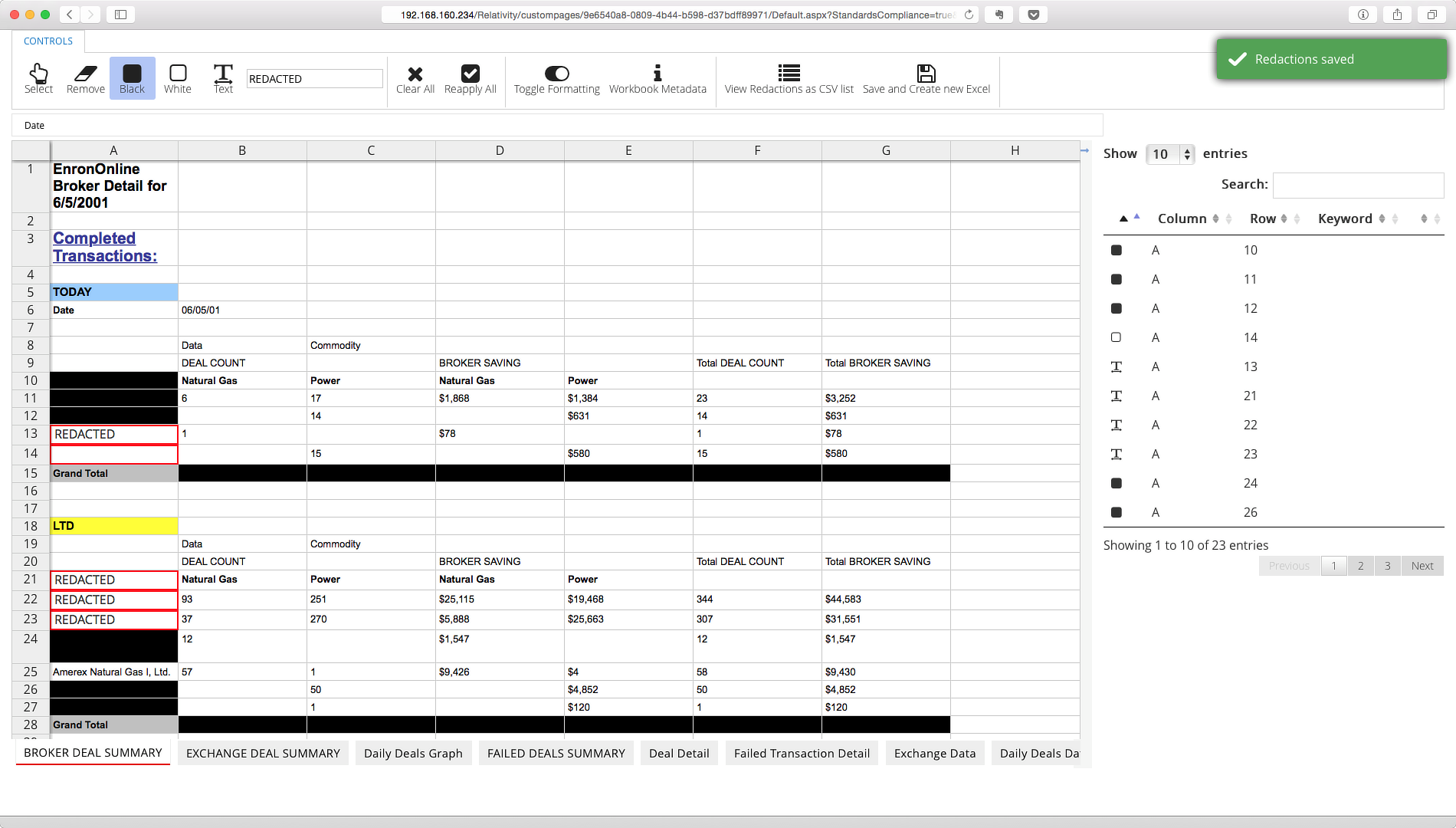
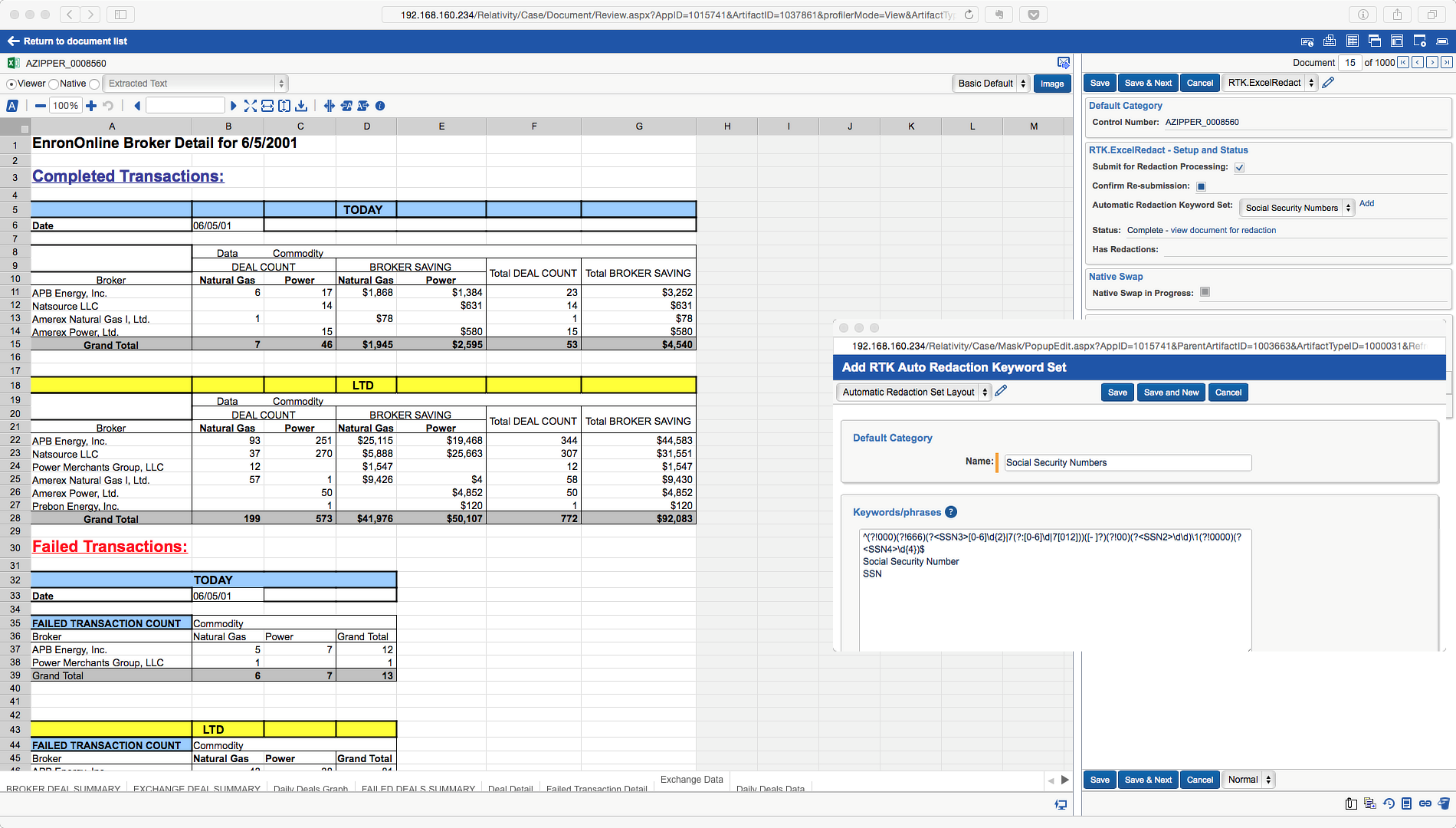
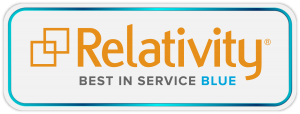
0 Comment/s: